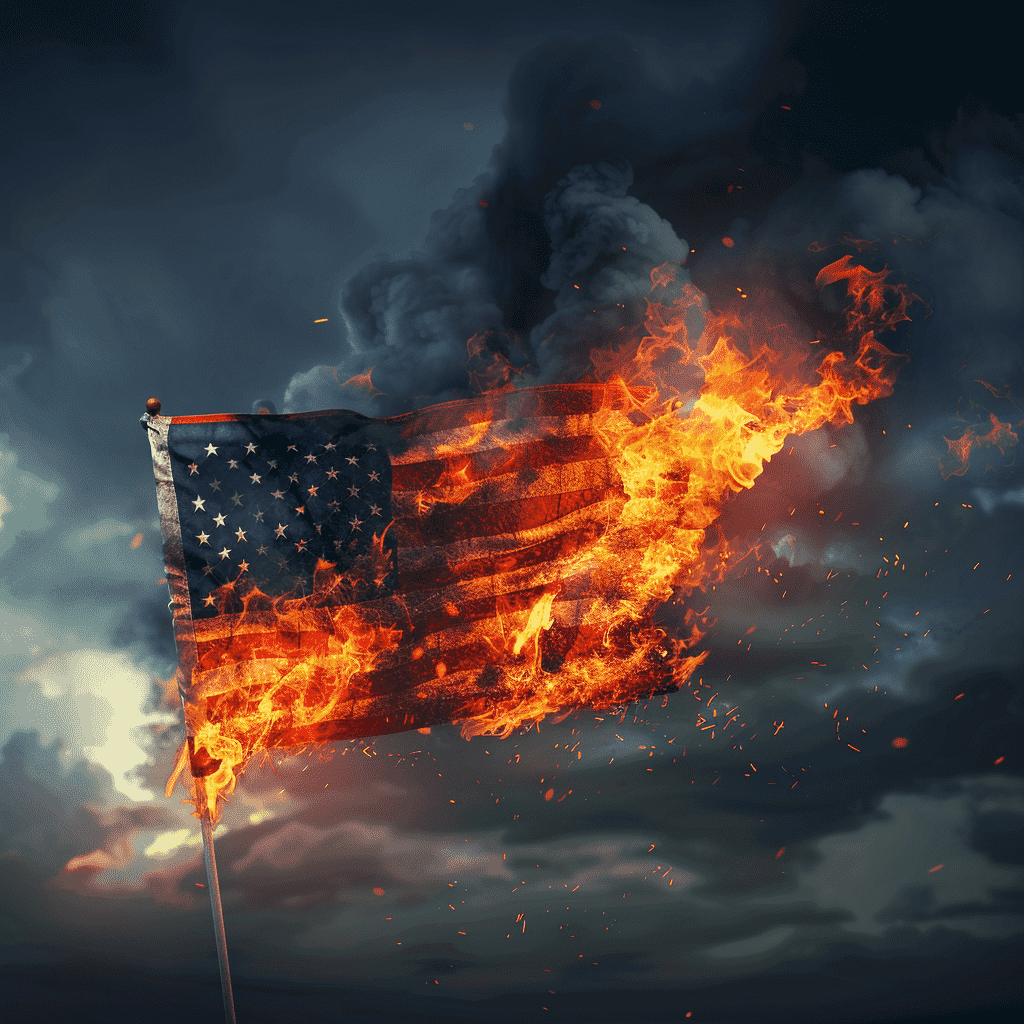- cross-posted to:
- [email protected]
- cross-posted to:
- [email protected]
cross-posted from: https://lemmygrad.ml/post/4672148
Dengism
The grip of the Communist Party is nowhere more apparent than in China’s foreign policy, where peace and multilateralism appear in stark opposition to capitalism’s depraved and inhumane pursuit of profit. China is simultaneously berated as an encroaching superpredator by the Western establishment and scolded for not exporting revolution by Western ultra-leftists. Witnessing the US openly installing and propping up reactionaries like Bolivia’s Añez and Brazil’s Bolsonaro, Western socialists chide China for failing to retaliate in kind. Xi Jinping responded decisively in 2012:
“In the midst of international financial turmoil, China was still able to solve the problem of feeding its 1.3 billion people, and that was already our greatest contribution to humankind,” he said in comments that drew applause from Chinese Internet users.
“Some foreigners with full bellies and nothing better to do engage in finger-pointing at us,” he went on. “First, China does not export revolution; second, it does not export famine and poverty; and third, it does not mess around with you. So what else is there to say?” [44]
The Chinese strategy can be understood as a reaction to the outcomes of the Soviet model, which openly aligned with emancipatory projects world-wide. Although heroic, the bravado allowed capitalists to construct and propagate narratives of impending communist invasion, which in turn created the conditions for the erection of economic fences that isolated and ultimately destroyed dependent socialist projects.
As far back as 1950, Deng Xiaoping laid out the basic tenets of an alternative strategy:
If the upper strata do not consent to our plan, we should give it up, for only their consent counts. Why? Because, owing to historical, political and economic peculiarities, the upper strata hold the chief sway in minority nationality areas. Progressive forces are weak there and exert little influence. In future, however, when the progressive forces expand, they will exert a very great influence, although they do not have a decisive bearing at present. [45]
To put it metaphorically, the USSR helped revolutionary forces cross the river, a river they were never quite strong enough to cross on their own. China instead stands across that same river, offering help to those who manage to cross it. China’s history of undermining US sanctions against Cuba, the DPRK, and Venezuela does not in itself help any individual revolutionary party succeed. However, whoever succeeds knows they won’t have to deal with US subterfuge without support. The success or failure of any revolution will once again be up to national forces, not Washington, ex machina.
“Cross the river by feeling for the stones.”
— Xi Jinping quoting Deng Xiaoping, Dialectical Materialism Is the Worldview and Methodology of Chinese Communists. [39]
wins
when you understand marxism, dialectics, and have mastered the concept of material conditions. this is the level of their analysis. “you’ve attained state power, now just push the communism button.”
EDIT: what are Productive Forces™?
nuh uh



